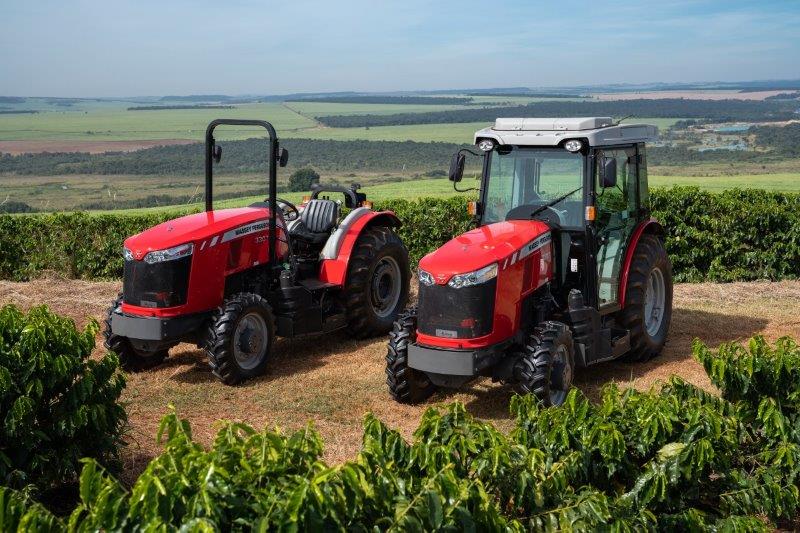Tractors stand as the backbone of modern farming, transforming agricultural practices from labor-intensive to efficient, scalable operations. Their multifaceted role spans land preparation, crop care, and post-harvest handling, making them indispensable for meeting global food demand.
Before planting, tractors streamline critical land tasks that directly impact crop yield. Equipped with plows, harrows, or tillers, they break up compacted soil, mix in organic matter, and create a loose seedbed—tasks that once required dozens of manual laborers or draft animals (like oxen) for days. For example, a single medium-sized tractor can prepare 10–15 acres of land in one day, a feat that would take 20+ workers a full week. This efficiency not only saves time but also ensures soil is ready for planting at the optimal season, reducing delays that harm crop growth.
During the growing season, tractors enable precise, large-scale crop care. They pull sprayers to apply fertilizers, pesticides, or herbicides evenly, ensuring every plant receives essential nutrients while minimizing waste. Unlike manual spraying, which is uneven and risks overexposure to chemicals for farmers, tractor-mounted equipment covers vast areas safely and accurately. Tractors also power irrigation systems, pulling water pumps or towing sprinklers to deliver water to dry fields—critical for regions with erratic rainfall. This consistency in care boosts crop health and reduces losses from pests, drought, or nutrient deficiency.
After harvesting, tractors continue to add value by simplifying crop collection and transport. They tow harvesters (for grains or fruits) to gather crops quickly, then haul wagons to move produce from fields to storage facilities or markets. Without tractors, farmers would rely on carts pulled by animals or manual carrying, which slows down post-harvest processes and increases the risk of crop spoilage (especially for perishable goods like vegetables). Tractors also help with land cleanup, pulling rakes to remove crop residues, which can be plowed back into the soil to improve fertility for the next season.

In conclusion, tractors are more than just farm machines—they are enablers of sustainable, high-yield agriculture. By cutting labor costs, saving time, and improving precision across all farming stages, they empower farmers to feed growing populations while adapting to the challenges of climate change and limited arable land.
Copyright © 2025 Xingtai Farming First Agricultural Machinery Co., Ltd. All Rights Reserved. Links Sitemap RSS XML Privacy Policy


